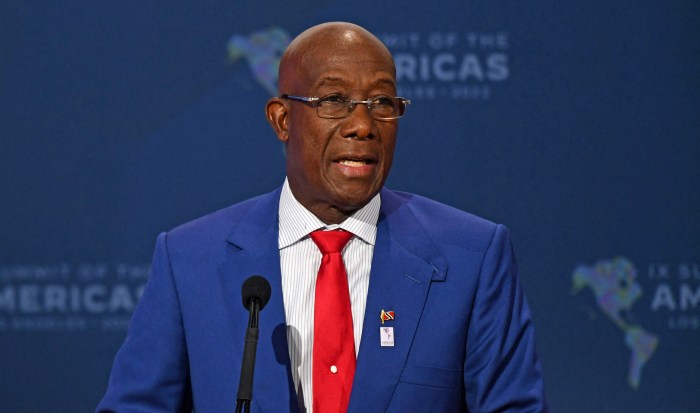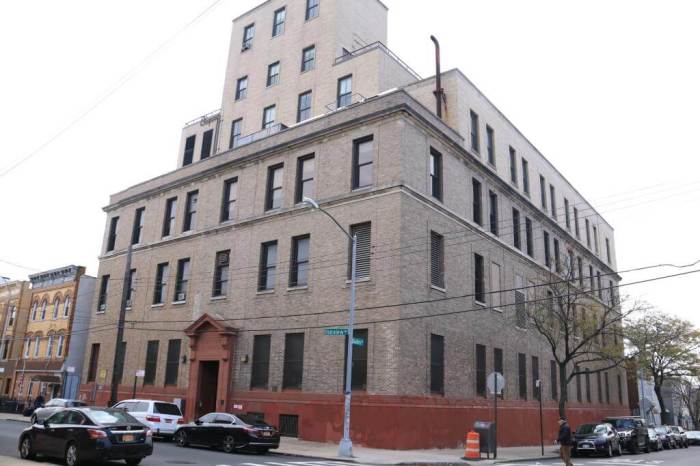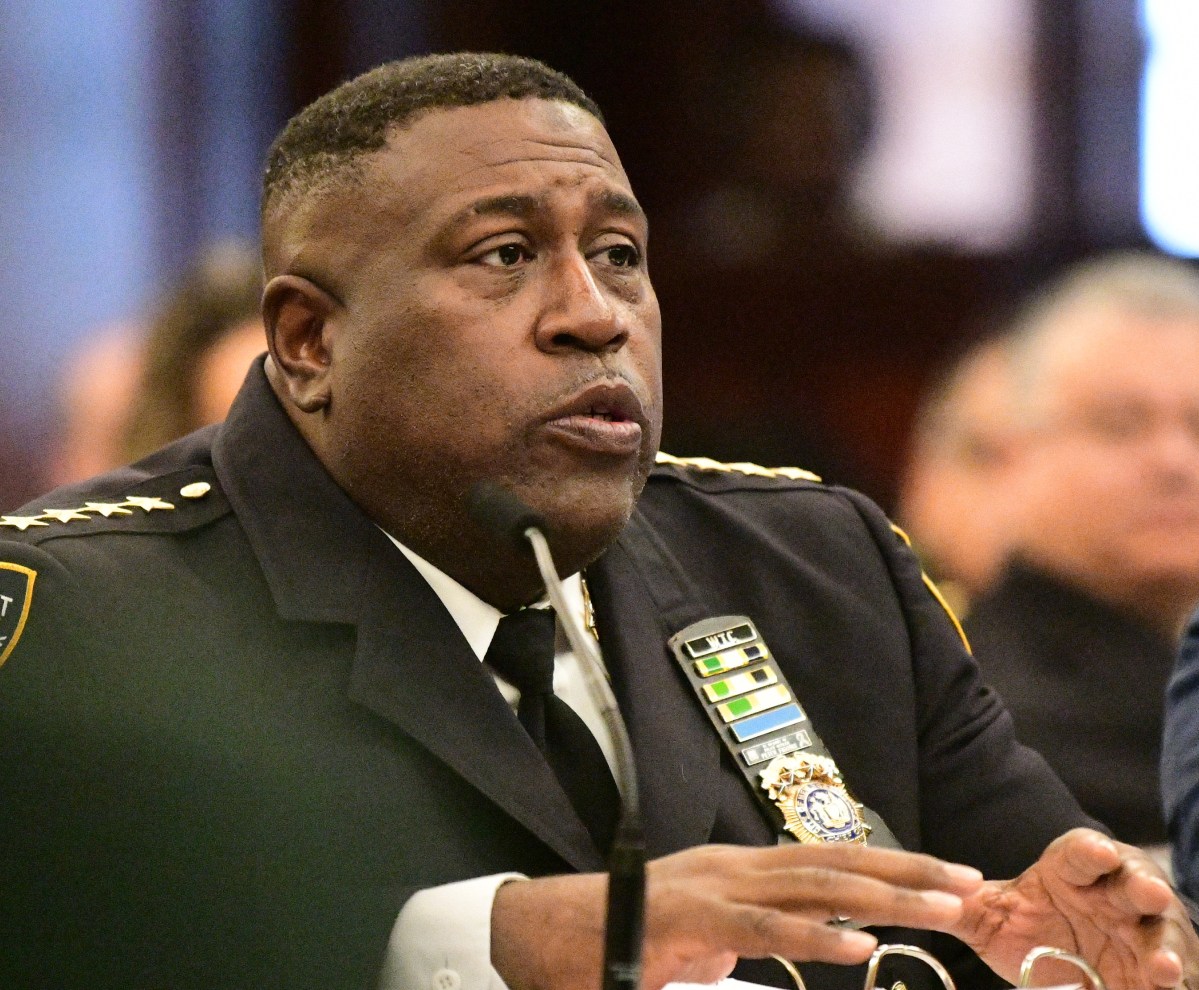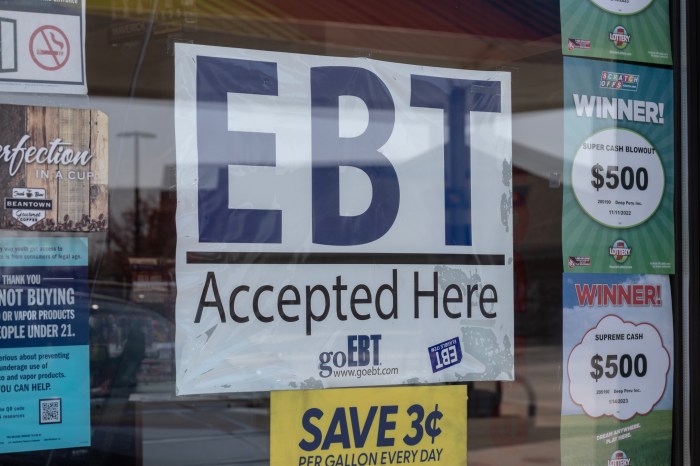Several Latin American leaders have proposed legalizing aspects of the drug trade in recent months, clearly acknowledging that the current strategy in the war on drugs is not working. They are correct in highlighting the flaws in the traditional approach to battling illicit narcotics, but do we really need to wave the white flag? Or do alternative approaches still exist to curtail the illicit drug trade?
The United Nations Office on Drugs and Crime in Vienna estimates that globally more than 40 percent of cocaine is seized somewhere between production and consumption. It also estimates, however, that less than one half of one percent of laundered criminal money is interdicted worldwide. For too long, the focus of the Drug Enforcement Administration and other law enforcement bodies has been on drug busts, while remarkably little has been done to curtail the money financing these illicit operations. We’ve been battling the symptoms without truly addressing the underlying cause. Curtail the money behind drug smuggling and we will curtail the crime itself.
The United States has already proven its ability to quickly and decisively tackle illicit financing when it puts its mind to it. After Sept. 11, 2001, the USA Patriot Act included considerably strengthened anti-money laundering legislation, for example, banning shell banks—and any banks doing business with shell banks—from operating within the U.S. financial system. This and other measures made it more difficult for terrorist financing to circulate in the legitimate financial system, and consequentially executing large-scale terrorist attacks has become much more difficult.
We can do the same with drug money; it’s simply a matter of political will.
Much of the profit realized by drug cartels in the United States makes its way back into Mexico as cash dollars where it is then smuggled through to Guatemala, El Salvador, and Panama. It subsequently gets deposited in local banks which then ship the physical U.S. dollars back to the United States. Knowing which local branches of these Central American banks accept large cash deposits of U.S. currency would be a critical tool for Central American—and U.S.—law enforcement as they battle the war on drugs. It helps track the drug cartels and crack down on their financing. However, the private, commercial banks currently load the bulk U.S. dollar currency onto airplanes and fly the cash directly back to the United States usually without informing their own Central Bank or law enforcement where they got the money. Global Financial Integrity and others have proposed requiring commercial banks in Central American nations to route these cash transfers through their nation’s Central Bank, which would then relay the money to the destination bank in the United States, thereby allowing the nation’s Central Bank to track the magnitude of the problem and from which banks and branches the money originates.
It’s a proposal which has been met with honest consideration in Central America but which has not been implemented due to opposition from the U.S. government. Why is the U.S. government opposing this proposal? Surely the U.S. would benefit significantly from the trove of drug cartel financial data that would result from such an arrangement.
Moreover, there are few places in the world where it is easier to open an anonymous shell corporation than inside the United States. These entities, which can be registered by company formation agents possessing sole information as to the real owners, often make it impossible for U.S. and foreign law enforcement agencies to track the finances of the world’s largest drug cartels. They grant the cartels and other financial criminals impunity through anonymity. The bi-partisan Incorporation Transparency and Law Enforcement Assistance Act, which was introduced into the U.S. Senate and House of Representatives last fall, would give federal authorities access to this ownership information and contribute to ostracizing drug cartels from the legitimate financial system.
Still, even when anti-money laundering rules are in place, it’s extremely important that financial regulators be fully funded and provided the resources they need to ensure banks comply with the law. Citibank, HSBC, and Wachovia have all been in the news recently for allegedly failing to comply with U.S. anti-money laundering regulations. Further, a recent study conducted by the U.K. government found that three quarters of British banks were not adequately complying with anti-money laundering rules. There is no reason to believe the situation is any different at American banks. Ever-shrinking budgets for the nation’s under-staffed financial watchdogs have real consequences: a money laundering Wild West being one of them. Congress must ensure that U.S. regulators are appropriately budgeted with the necessary resources to perform their duties, and the bankers found to be complicit in the laundering of money should receive jail time – merely fining financial institutions is not enough.
As we did with terrorists a decade ago, the United States has the ability to deliver a striking blow to drug smugglers—curtailing the money that fuels the entire industry. Before we consider giving up and legalizing drugs, and instead of perpetuating the costly whack-a-mole model of drug busts and seizures, let’s pull the rug out from under the narcotics industry. We can do it if there is political will.
Dr. Rafael Espada recently completed a four-year term as vice president of Guatemala. Raymond Baker, the author of “Capitalism’s Achilles Heel: Dirty Money and How to Renew the Free-Market System,” is the Director of Global Financial Integrity, a research and advocacy organization in Washington, DC.
© American Forum. 7/12


















